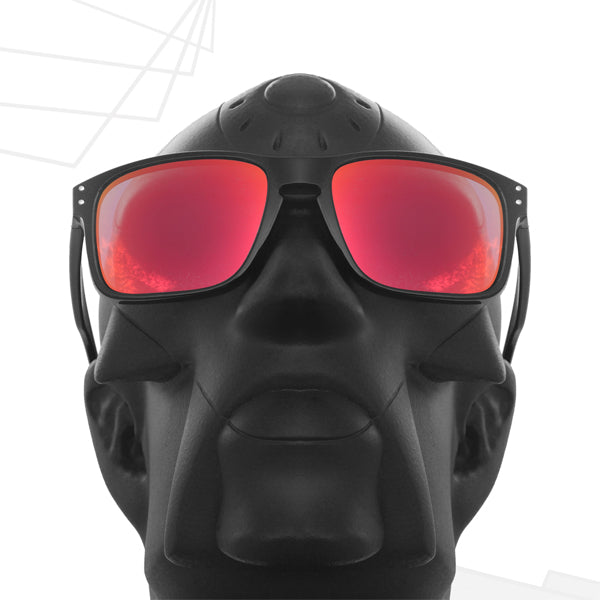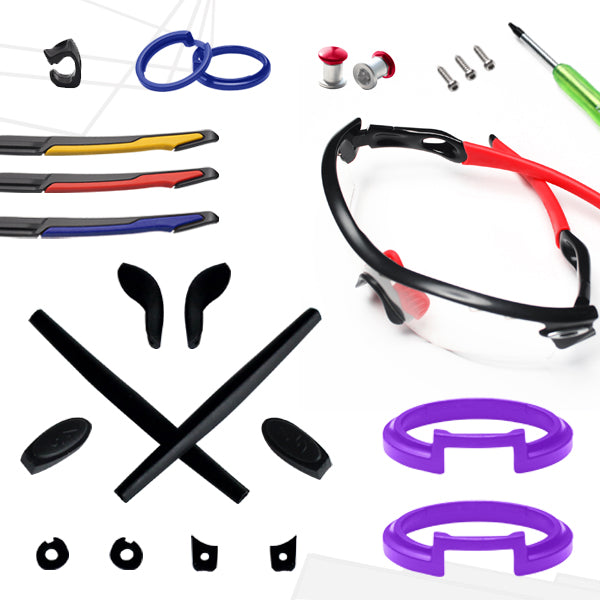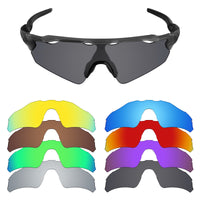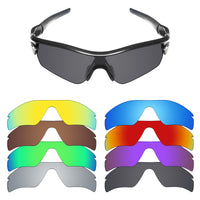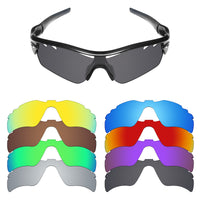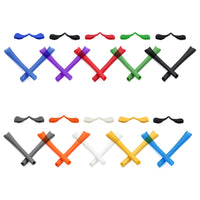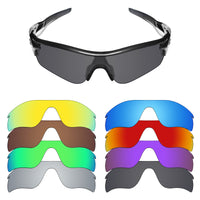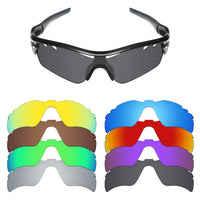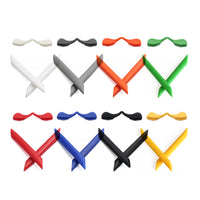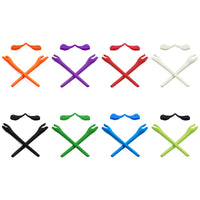-
Shop
Sunglass Replacement LensesFeatured Brands
- For Wiley X
- For Oakley
- For Arnette
- For Bolle
- For Costa Del Mar
- For Dragon The Jam
- For Electric
- For Maui Jim
- For Nike
- For Ray-Ban
- For Revo
- For Rudy Project
- For Smith
- For Spy Optic
- For Von Zipper
AccessoriesWhat's Hot- Rubber Kits
- Sunglass Parts
- Screws & Screwdrivers
- Eyeglass Parts
- Cleaning & Storage
- Search
- Accessories
-
LensesHOT
Top Sunglass ModelsFit for Oakley
- Antix
- Batwolf
- Bottle Rocket
- Crossrange
- EVZero Path
- Fives Squared
- Flak 2.0 XL
- Flak Jacket XLJ
- Frogskins
- Frogskins Lite
- Fuel Cell
- Gascan
- Half Jacket 2.0
- Holbrook
- Jawbreaker
- Latch
- Mainlink
- Oil Rig
- Racing Jacket
- Radar EV Path
- Radar Path
- Si Ballistic Det Cord
- Sliver
- Tailend
- Thinlink
- Turbine
- Turbine Rotor
- Twoface
- Twoface XL
New Arrival - PrescriptionNEW
-
Accessories
-
Contact Us
Did you know that prolonged exposure to the sun's UV rays can affect your eye health? A simple habit to protect your vision health is to wear sunglasses every time you go outside. Did you know that sunglasses should be worn 365 days a year, not just in the summer? Yes, even when the sun isn't shining!
While it may seem counterintuitive, there is growing evidence to support wearing sunglasses every day to protect your eyes from the sun's harmful UV rays. Years of UV exposure can lead to diseases such as cataracts and macular degeneration that cause poor vision, and may even lead to cancer in or around the eyes.
Here are 5 reasons to wear sunglasses every day in the winter and all year round.
-
Reduce Glare

Glare is caused by bright sunlight shining on your eyes and obstructing your vision, usually around sunrise and sunset. In fact, glare is much worse in the winter. It often rains and frosts in winter, which can create surface reflections that affect your vision. High-quality sunglasses can significantly reduce glare and provide safer, more comfortable vision. Polarized lenses are particularly effective in protecting the eyes from dangerous reflections.
-
Protect against harmful UV rays
The winter sun may feel less intense, but its damaging UV rays are still present. When the sun shines on the snow, the problem becomes complicated. You may already know that UVA and UVB rays are two types of ultraviolet (UV) radiation from the sun that can cause skin damage. Prolonged exposure to UVB rays can also increase your chances of developing eye problems. The good news is that your sunglasses are perfect for blocking these harmful UV rays and protecting your eyes from the sun's rays. Wearing sunglasses in the winter can also help prevent the delicate skin around your eyes from wrinkling.
-
Keep out wind, dust, and debris

They can bring eye discomfort when the winter winds blow. Dry eyes, tearing and general eye irritation are common winter complaints. When cold air touches our eyes, they form reactive tears - more tears when the eyes are irritated. The tear film in front of your eyes evaporates quickly in the gusty wind, leaving your eyes dry and uncomfortable. Sunglasses help keep your eyes comfortable by creating an effective wind barrier that reduces the evaporation of natural moisture, and also prevents corneal abrasions caused by wind-blown particles. Some lenses, like MRYLenses, even have a special hydrophobic coating. This coating is dust, water, oil, fingerprint and lotion resistant, helping to keep your eyes safe and your vision streak-free.
-
Help with Eye Strain
The pupil controls how much light reaches the light-sensitive retina at the back of the eye. In dim light, the pupil dilates to let in as much light as possible. When the light is bright, the pupil contracts to prevent too much light from reaching the retina. The retina at the back of your eye is sensitive to light, and your pupil cannot constrict enough to reduce exposure in extremely bright winter sunlight or heavy snow. This can cause you to squint, leading to eye strain and even headaches. Sunglasses will help you greatly reduce the amount of light reaching your eyes. A particularly effective option is photochromic lenses: lenses that automatically darken when exposed to bright sunlight or when reflected.
-
Prevent Snow Blindness

There's a reason you squint in bright sunlight. Your eyes are begging for protection from the glare of ultraviolet (UV) light. But with the sun's rays enhanced by the reflection of snow, water or sand, your eyes can get sunburned if you forget to wear UV-protective sunglasses. Snow blindness (called photokeratitis) occurs when the eyes are overexposed to UV light and become sunburned.
Snow blindness is manageable in the short term, however, in the long term, snow blindness increases the cumulative damage from the sun's rays. This can lead to more serious eye diseases such as cataracts, which can be accelerated by lifelong exposure to the sun. Preventing eye exposure to the sun is simple: use quality UV protective sunglasses lenses.
Leave a comment

